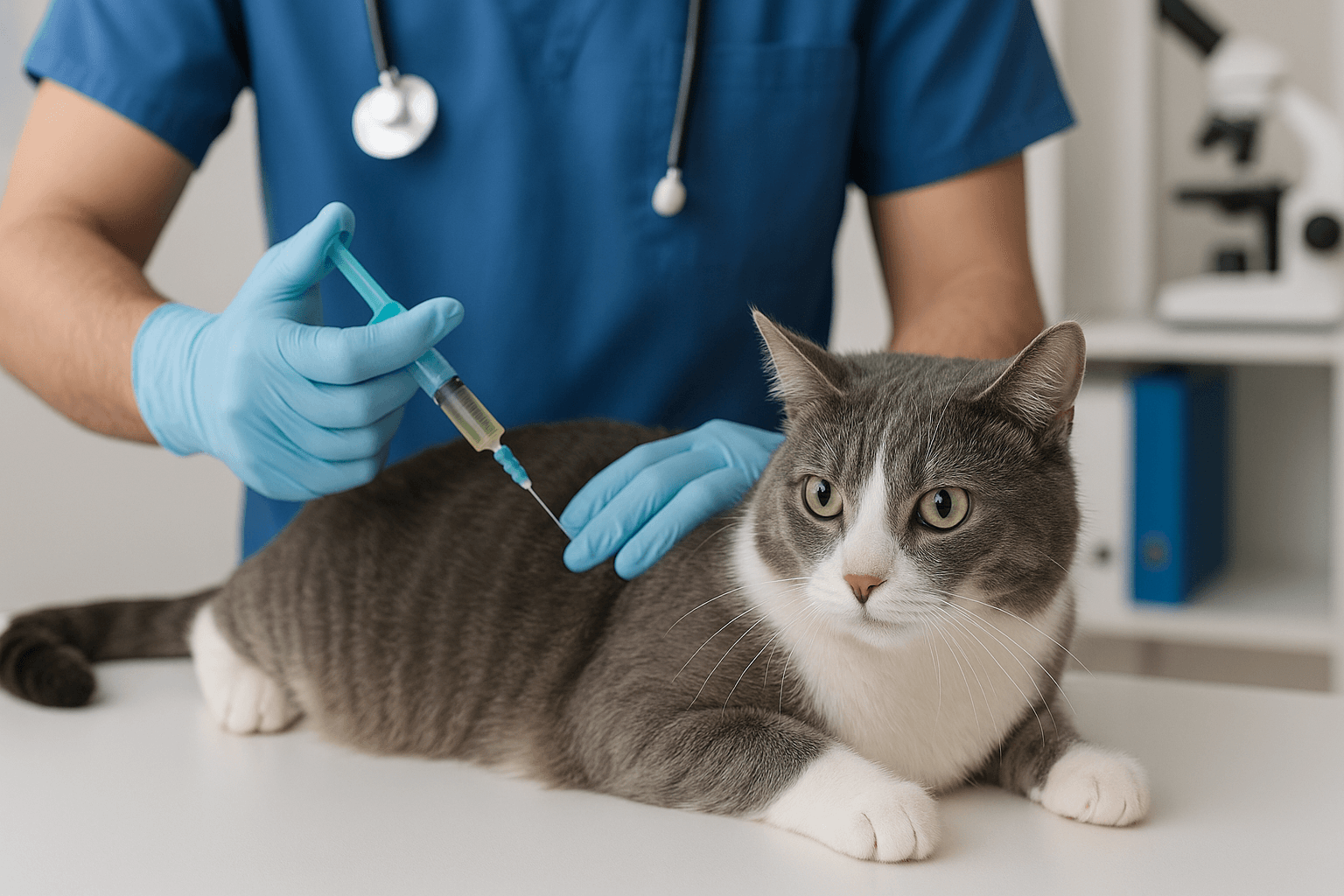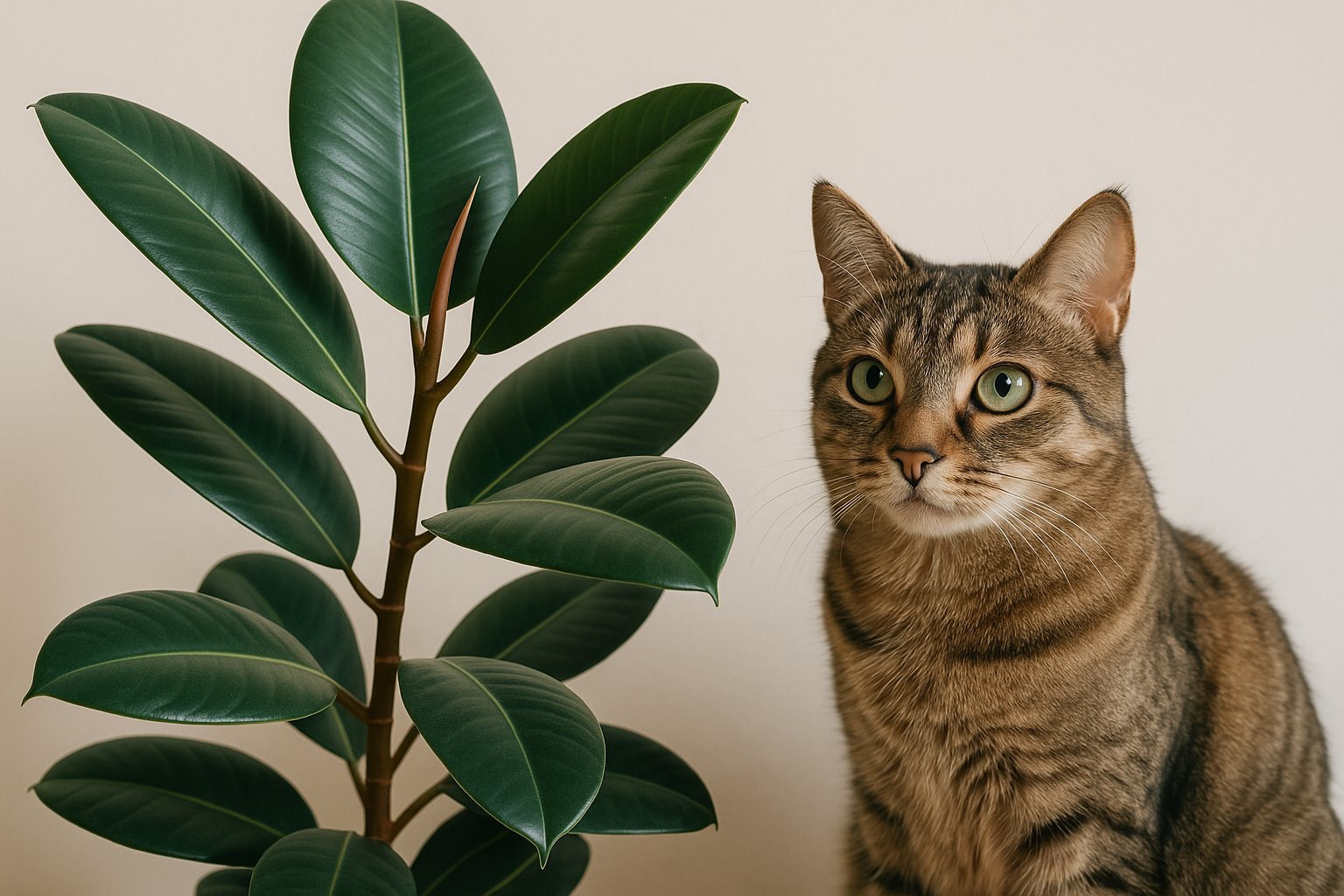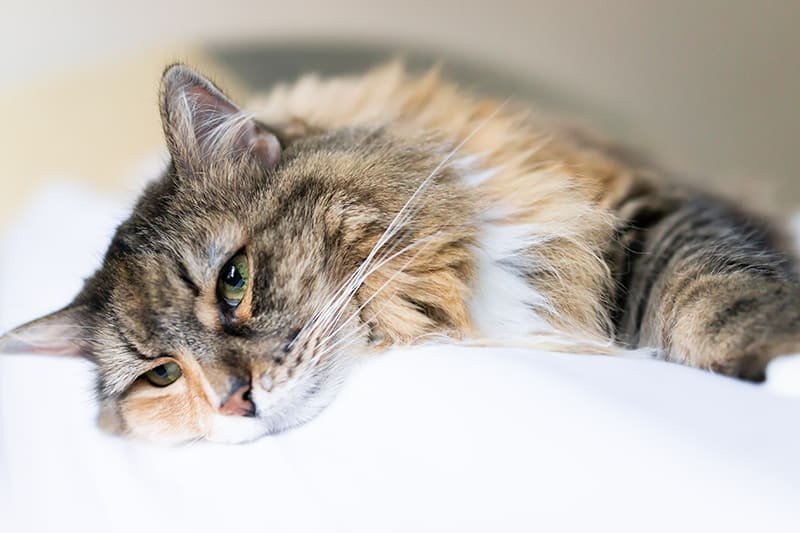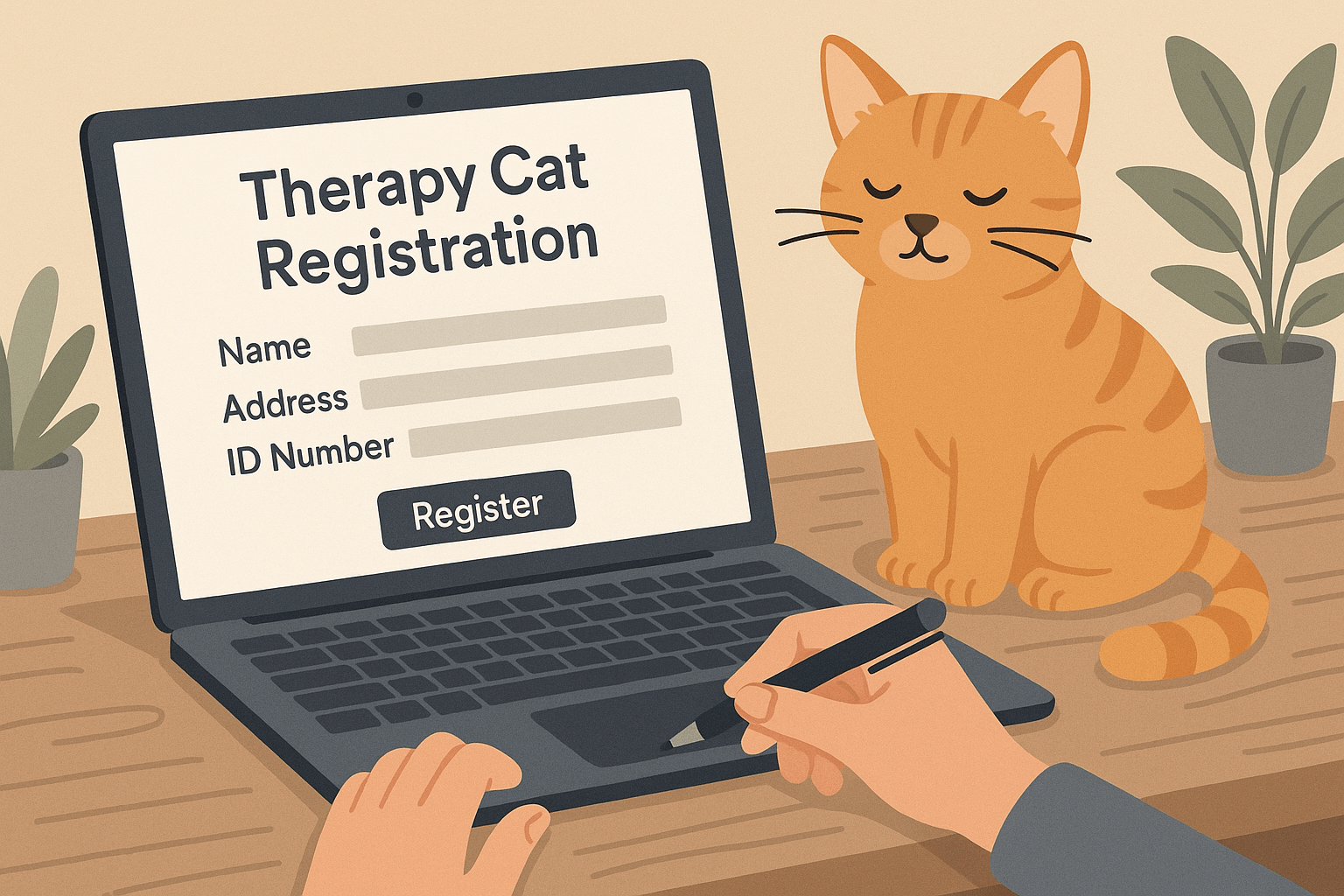Understanding Megacolon Treatment
Megacolon in cats is a serious condition that affects the large intestine, leading to chronic constipation and an inability to pass stool properly. If left untreated, it can cause significant discomfort, pain, and even life-threatening complications for your feline friend. While the diagnosis may seem daunting, understanding the causes, symptoms, and treatment options empowers cat owners to provide the best care possible. With proper management, many cats with megacolon can lead happy, comfortable lives. In this article, we’ll explore everything you need to know about identifying, treating, and managing megacolon in cats.
Symptoms of Megacolon in Cats
Recognizing the signs of megacolon early can make a significant difference in your cat’s prognosis. Keep an eye out for these common symptoms, which indicate your cat may be struggling with this condition.
Straining During Defecation:
Cats with megacolon often strain excessively in the litter box but produce little or no feces.Infrequent Bowel Movements:
A noticeable decrease in the frequency of bowel movements is a key indicator of potential issues.Vomiting:
Some cats may vomit due to the buildup of waste in their intestines, which can irritate the stomach.Loss of Appetite:
Discomfort from constipation can lead to a reduced interest in food or refusal to eat altogether.Lethargy and Depression:
Cats experiencing pain or discomfort may become less active and show signs of depression.
If you notice any of these symptoms, consult your veterinarian promptly to determine the underlying cause and begin appropriate treatment.
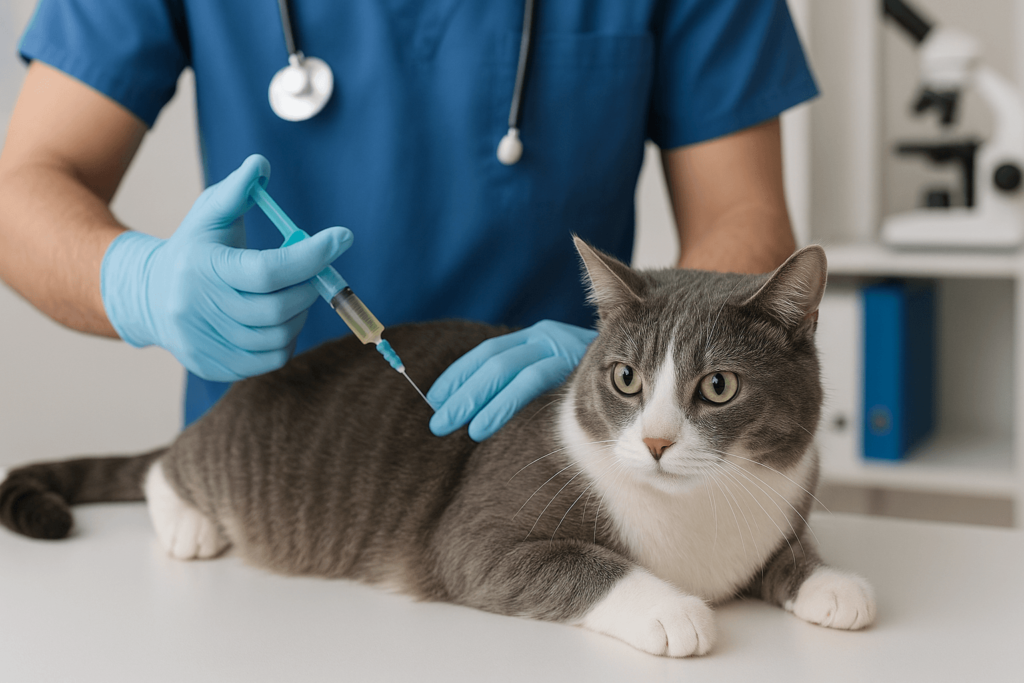
Treatment Options for Megacolon in Cats
Treating megacolon requires a multifaceted approach tailored to your cat’s specific needs. Depending on the severity of the condition, treatments may range from medical interventions to surgical options.
Dietary Changes:
Switching to a high-fiber diet or incorporating fiber supplements can help regulate bowel movements and soften stools.Hydration Therapy:
Ensuring your cat stays well-hydrated is crucial, as dehydration can worsen constipation. Subcutaneous fluids may be administered if necessary.Medications:
Laxatives, stool softeners, and prokinetic drugs can aid in promoting intestinal motility and easing defecation.Manual Evacuation:
In severe cases, veterinarians may need to manually remove impacted feces under sedation to relieve immediate discomfort.Surgical Intervention (Colectomy):
For cats who do not respond to conservative treatments, a colectomy—removal of part or all of the colon—may be recommended as a last resort.
Each treatment option has its own benefits and risks, so working closely with your vet is essential to finding the most effective solution for your cat.
Check this guide 👉What Causes Cat Constipation? Best 7 Expert Tips!
Check this guide 👉Cat Constipation Home Remedies: Best 7 Expert Tips!
Check this guide 👉Olive Oil for Cats Constipation: Best 7 Expert Tips!
Non-Surgical Treatments | Surgical Options |
|---|---|
High-fiber diets | Partial colectomy |
Hydration therapy | Total colectomy |
Medications like laxatives | Post-surgery recovery care |
Manual evacuation of fecal matter | Long-term dietary adjustments post-op |
Regular veterinary monitoring | Pain management during recovery |
Preventing Megacolon Through Early Detection
While not all cases of megacolon can be prevented, early detection and proactive measures can significantly reduce the risk or severity of the condition. Here are some steps you can take to safeguard your cat’s digestive health.
Monitor Litter Box Habits:
Regularly observe your cat’s litter box behavior to catch any changes in bowel movements early.Provide Adequate Water:
Ensure fresh water is always available and encourage hydration through wet food or water fountains.Encourage Exercise:
Physical activity promotes healthy digestion and helps prevent constipation.Schedule Routine Vet Check-Ups:
Annual or biannual vet visits allow for early identification of potential gastrointestinal issues.Avoid Sudden Diet Changes:
Gradual transitions between foods minimize digestive upset and maintain gut health.
By staying vigilant and taking preventive measures, you can help protect your cat from developing megacolon or related complications.
Post-Treatment Care for Cats with Megacolon
After initiating treatment, ongoing care is critical to ensure your cat remains comfortable and avoids recurrence of symptoms. These tips will guide you in providing long-term support.
Maintain a Consistent Diet:
Stick to the prescribed diet plan recommended by your vet to avoid upsetting your cat’s digestive system.Administer Medications as Directed:
Follow your vet’s instructions carefully when giving medications to maximize their effectiveness.Monitor Weight and Appetite:
Track your cat’s weight and eating habits to identify any deviations that might signal complications.Keep the Litter Box Clean:
A clean litter box encourages regular use and reduces stress associated with toileting.Schedule Follow-Up Appointments:
Regular check-ins with your vet allow for adjustments to the treatment plan based on your cat’s progress.
With consistent care and attention, your cat can enjoy improved quality of life despite living with megacolon.
Common Misconceptions About Megacolon
Misunderstandings about megacolon can lead to delayed treatment or improper care. Clearing up these misconceptions ensures better outcomes for affected cats.
“It’s Just Constipation”:
Megacolon is more than occasional constipation—it’s a chronic condition requiring specialized care.“Only Old Cats Get Megacolon”:
While older cats are at higher risk, younger cats can also develop the condition due to genetic or environmental factors.“Diet Alone Can Fix It”:
While diet plays a role, severe cases often require medical or surgical intervention beyond dietary changes.“Surgery Is Always Necessary”:
Many mild cases can be managed effectively with medications and lifestyle adjustments without resorting to surgery.“Recovery Is Instant After Surgery”:
Post-operative recovery takes time, and ongoing care is essential for optimal results.
Understanding these truths helps set realistic expectations and fosters informed decision-making.
How to Support a Cat Post-Colectomy
After a colectomy, your cat will need extra care to adapt to their new normal. These guidelines will help you support them during recovery.
Feed Small, Frequent Meals:
Smaller portions spaced throughout the day reduce strain on the digestive system.Choose Easily Digestible Foods:
Opt for bland, nutrient-rich foods that are gentle on the stomach.Watch for Diarrhea:
Loose stools are common initially, but persistent diarrhea should be reported to your vet.Limit Stressful Situations:
Keep your cat’s environment calm and stable to aid healing and adjustment.Gradually Resume Activity:
Allow your cat to rest initially, then slowly reintroduce play and exercise as they regain strength.
With attentive care, your cat can adjust successfully to life after surgery.
Natural Remedies to Complement Treatment
While conventional treatments remain the cornerstone of managing megacolon, natural remedies can complement medical care under veterinary supervision.
Pumpkin Puree:
Rich in fiber, pumpkin puree can help soften stools and promote regularity.Probiotics:
Probiotic supplements support gut health and improve digestion.Herbal Teas:
Certain herbal teas, like chamomile, may soothe digestive inflammation when added to water.Massage Therapy:
Gentle abdominal massages can stimulate bowel movement and relieve tension.Acupuncture:
This alternative therapy may enhance intestinal motility and alleviate pain in some cats.
Always consult your vet before introducing natural remedies to ensure safety and compatibility with existing treatments.
Frequently Asked Questions About Megacolon in Cats
What causes megacolon in cats?
Megacolon can result from nerve damage, muscle dysfunction, dehydration, or chronic constipation.
Can megacolon be cured?
While mild cases can sometimes be managed medically, severe cases often require surgery for long-term relief.
How much does treatment cost?
Costs vary depending on the treatment approach, ranging from affordable medication to expensive surgeries like colectomies.
Is surgery risky?
Like any surgery, colectomies carry risks, but they are generally safe when performed by experienced veterinarians.
What is the prognosis after surgery?
Most cats recover well after a colectomy, though lifelong dietary adjustments may be necessary.
Supporting Your Cat Through Megacolon
Living with a cat diagnosed with megacolon can feel overwhelming, but with the right knowledge and resources, you can provide exceptional care and improve their quality of life. From recognizing early symptoms to implementing effective treatments and maintaining long-term care routines, every step you take contributes to your cat’s comfort and happiness. Remember, your veterinarian is your greatest ally in navigating this condition, so don’t hesitate to seek professional guidance whenever needed. With love, patience, and dedication, you can help your feline companion thrive despite the challenges posed by megacolon.
Is the Rubber Tree Cat Safe? Best 7 Expert Tips! Discover expert advice on keeping rubber plants safely in cat-friendly homes and learn top tips for pet-safe plant care.
Low Red Blood Cell Count in Cats: Best 7 Expert Tips! Discover causes, symptoms, and treatment options for feline anemia. Learn how to support your cat’s health effectively with expert advice.
Understanding Megacolon Treatment: Best 7 Expert Tips! Discover effective strategies to manage feline megacolon, from dietary changes to surgical options, ensuring your cat’s comfort and long-term health.
How to Register a Therapy Cat: Best 7 Expert Tips! Discover essential steps to certify your cat as a therapy animal, prepare them for training, and make a meaningful impact in therapeutic settings.

